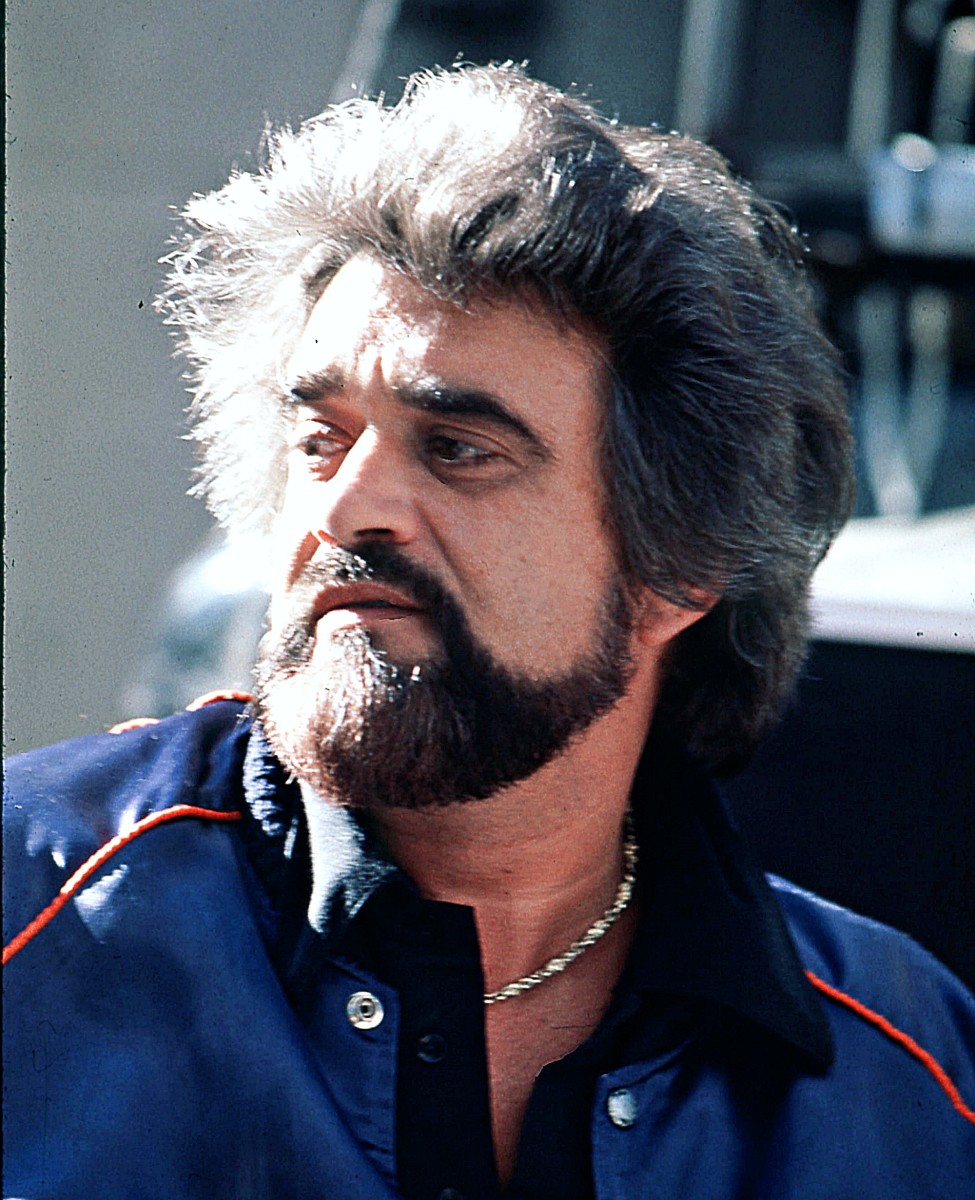Media Word Traps
The idea that the media journalists are without bias is to be seen. The idea that any fairness and unbiased information can be found in any of the news outlets readily available is questionable.
The media, the “experts” and the “talking heads” are all in the same line of work. They all choose to report what they believe, leave the rest out, and interject a few choice words to help sway public opinion.
If I were to write an article and it says the following:
There was an incident between a married couple on Saturday night. The man was way out of line and began shouting at his wife, while wielding his fist. The woman was standing in the doorway and she was doing her share of shouting too. The man’s uncontrollable rage was clear as he stood there giving her back what she was giving him. The poor woman did not have any recourse.
How does this story play out? Does the man hit the woman? Did the woman hit the man? Who do you feel badly for? Is there a reason for your support of one person over the other? What words in that article gave you pause, caused you to feel a reaction to the content?
The article above is clearly placed to create a sense of anger at the man and sympathy for the woman. However, there is not enough information to determine who is truly at fault in this scenario.
Articles with words that include “uncontrollable”, “out of line”, and “poor” are intended to sway the opinion of the reader. The writer has a specific intent that they wish the reader to understand. Rewriting that article in a journalistic way would be to say:
Saturday night there was an incident between a married couple. A man and woman were heard shouting at each other. The man had his fist raised in the air and the woman continued to shout back at him. The man appeared angry however this writer does not know where the anger originates. The woman and man did not seem to be coming to any agreement to stop the fight.
This second article keeps out words that can cause a train of thought in the reader’s mind. It reports the facts of the situation without interjecting words that will direct the reader in a specific direction.
When one is in the media’s spotlight their opinions also take on more strength. If someone called a leader a “loon” then viewers will begin to believe the same thing of that leader. If someone is called “world renown” then others would begin to look them up on the internet to find out about them, therefore making them, after the fact, world renown.
The choices of words that media, experts, and journalists use are intentional and used to help sway the opinion of their audience. Without critical thinking, trusting but verifying the information, then the viewers become followers of some doctrine that their preferred “news” outlets lead them toward.
Individuals who believe that they are immune to this kind of mild brainwashing should think about times when they agreed with Michael Savage, or Rachel Maddow, or Donald Duck. There is something that inspires us all. Sometimes it just seems to make sense. But is the information truthful, or is it truncated or just downright incorrect, and intended for a single purpose; that of making you become a blind, following, lemming without a thought of your own.
Think about that.





